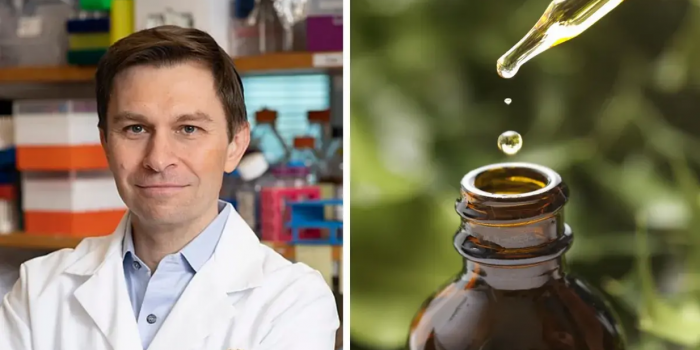Researchers at Harvard claim to have made a significant breakthrough in the field of aging reversal. According to their findings, published in the medical journal Aging, they have identified a combination of chemicals that could potentially reverse aging and offer rejuvenation benefits.
The lead researcher, David Sinclair, shared these findings through a series of Twitter posts, sparking widespread interest in the possibility of a “Fountain of Youth” pill. The study explores the use of chemical cocktails consisting of various agents, some of which are already used to treat other medical conditions.
In his Twitter thread, David Sinclair explained that previous research had demonstrated the potential for age reversal through gene therapy by activating embryonic genes. Now, the researchers at Harvard Medical School have shown that achieving similar results is also possible through the use of chemical cocktails, representing a significant step towards making whole-body rejuvenation more affordable.
Each chemical cocktail consists of five to seven agents, many of which have been utilized in the treatment of physical and mental disorders. Medications like Valproic acid, Tranylcypromine, and Pramipexole, typically available only through prescriptions, have shown success in treating seizures, depression, and Parkinson’s disease, respectively. By combining these agents, the researchers aim to reverse cellular aging and rejuvenate human cells.
The team at Harvard Medical School dedicated over three years to their research, conducting experiments on mice and monkeys to identify the most effective chemical cocktails. Their efforts resulted in the discovery of six combinations that produced visible signs of aging reversal in less than a week. Sinclair highlighted that various studies conducted on the optic nerve, brain tissue, kidney, and muscle showed promising outcomes. Mice exhibited improved vision and extended lifespan, while monkeys demonstrated improved vision in experiments conducted in April of the current year.

With these promising results, the researchers are now preparing for human clinical trials of the therapy. Sinclair acknowledged that other scientists are also striving to demonstrate the rejuvenating effects of chemicals, similar to what has been achieved through gene therapy.
The recent breakthrough in the field of aging reversal pave the way for future human clinical trials, offering hope for the development of affordable rejuvenation treatments. While further research is needed, this discovery brings us closer to unlocking the secrets of aging and potentially finding new ways to extend human lifespan and vitality.


